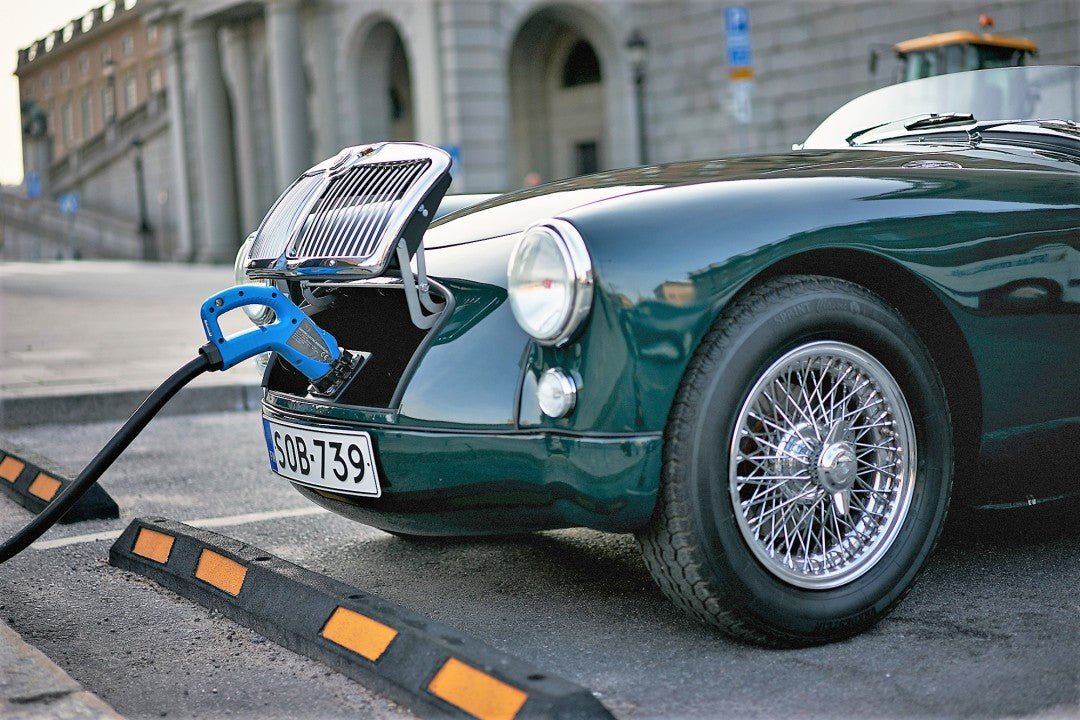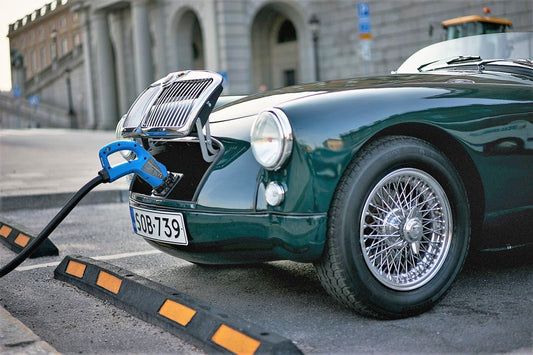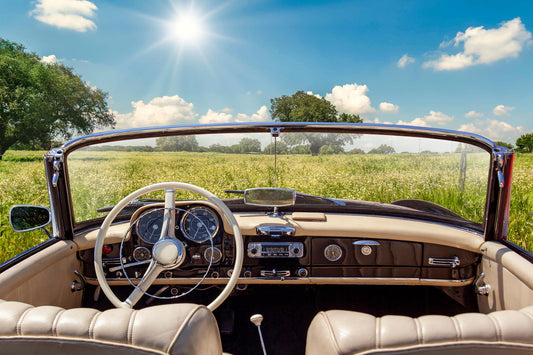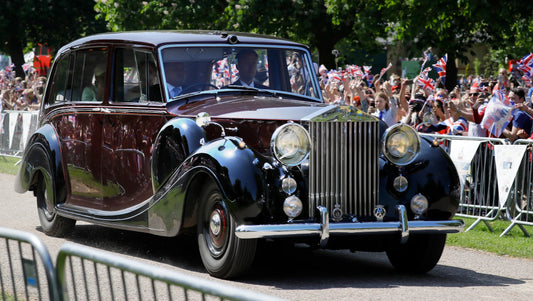
The Challenges of Classic Car Conversions
The Challenges of Classic Car Conversions
Converting classic cars into electric vehicles presents unique challenges due to the age of these vehicles and the complexity of their designs. Classic cars were not designed with electric drivetrains in mind, and they often require significant modifications to make them compatible with modern electric technology.
One of the biggest challenges in converting classic cars into electric vehicles is the weight of the battery. Batteries are heavy, and classic cars were not designed to carry the weight of a modern electric drivetrain. The weight distribution of classic cars is often very different from modern cars, which can make it challenging to find a suitable location for the battery pack.
Another challenge is finding suitable electric motors to power the vehicle. Classic cars have different engine configurations than modern cars, which can make it difficult to find an electric motor that will fit into the available space and provide sufficient power to move the vehicle.
Furthermore, the wiring and electrical systems of classic cars can be complex, and converting them to electric power requires extensive rewiring and modification. This can be a challenging and time-consuming process, and it requires a high level of expertise in both classic car restoration and electric vehicle technology.
Despite these challenges, many classic car enthusiasts are eager to convert their beloved vehicles to electric power. The benefits of electric conversions include reduced emissions, increased fuel efficiency, and lower maintenance costs.
How to Convert Classic Cars to Electric in the UK
There are several steps involved in converting classic cars to electric power. Here is a brief overview of the process:
Step 1: Choose a Suitable Classic Car
The first step in converting a classic car to electric power is to choose a suitable vehicle. Not all classic cars are suitable for electric conversion, and some may be more difficult to convert than others. Factors to consider include the weight and size of the vehicle, the available space for the battery pack and electric motor, and the complexity of the wiring and electrical systems.
Step 2: Remove the Internal Combustion Engine
The next step is to remove the internal combustion engine and all associated components. This includes the fuel tank, exhaust system, radiator, and transmission. The engine bay will need to be cleaned and prepared for the installation of the electric motor and battery pack.
Step 3: Install the Electric Motor and Battery Pack
The electric motor and battery pack will need to be installed in the vehicle. The motor will need to be mounted in a suitable location, and the battery pack will need to be positioned in a way that does not significantly affect the weight distribution of the vehicle. The wiring and electrical systems will need to be modified to accommodate the new components.
Step 4: Install the Control System
The control system is the brain of the electric vehicle, and it manages the flow of electricity between the battery, motor, and other components. The control system will need to be installed and programmed to work with the specific components used in the conversion.
Step 5: Test and Refine
Once the conversion is complete, the vehicle will need to be tested and refined. This includes testing the motor and control system to ensure they are functioning properly, fine-tuning the suspension and steering to accommodate the added weight of the battery pack, and adjusting the vehicle's braking system to work with regenerative braking.
Benefits of Converting Classic Cars to Electric Power
There are several benefits to converting classic cars to electric power. One of the main benefits is a significant reduction in emissions. Electric vehicles produce zero tailpipe emissions, which means they do not contribute to air pollution or climate change. Converting classic cars to electric power can help reduce the overall carbon footprint of the transportation sector and promote a cleaner and more sustainable future.
Another benefit of electric conversions is increased fuel efficiency. Electric vehicles are much more energy-efficient than internal combustion engine vehicles, which means they can travel further on a single charge. This can result in lower fuel costs for drivers and reduce the need for frequent refueling.
Converting classic cars to electric power can also increase the longevity of the vehicle. Electric drivetrains require less maintenance than internal combustion engines, which means that electric conversions can reduce maintenance costs and prolong the life of the vehicle.
Moreover, electric conversions can improve the performance of classic cars. Electric motors provide instant torque, which means that electric vehicles can accelerate more quickly than internal combustion engine vehicles. This can make classic cars more fun to drive and can enhance the driving experience for enthusiasts.
Challenges and Limitations of Classic Car Conversions
While there are many benefits to converting classic cars to electric power, there are also some challenges and limitations to consider. One of the main challenges is the high cost of the conversion. Electric conversions can be expensive, and the cost will depend on the specific vehicle and components used in the conversion.
Another challenge is the availability of suitable components. While there are many electric motors and battery packs available on the market, finding components that are suitable for a particular vehicle can be difficult. Some components may need to be custom-designed or fabricated, which can add to the cost and complexity of the conversion.
Furthermore, some classic car enthusiasts may not want to alter the original design or appearance of their vehicles. Electric conversions can require significant modifications to the vehicle, which may be undesirable for some owners. Additionally, the conversion process can be time-consuming and may take several months to complete, which can be a limitation for owners who want to use their vehicles regularly.
Conclusion
Converting classic cars to electric power is an exciting and challenging undertaking that can help promote sustainability and reduce the impact of transportation on the environment. While the process can be complex and expensive, the benefits of electric conversions include reduced emissions, increased fuel efficiency, and improved performance. Classic car enthusiasts in the UK who are interested in converting their vehicles to electric power should carefully consider the challenges and limitations of the process before beginning the conversion. With careful planning and expert assistance, classic car conversions can help preserve the charm and beauty of vintage vehicles while promoting a cleaner and more sustainable future.







